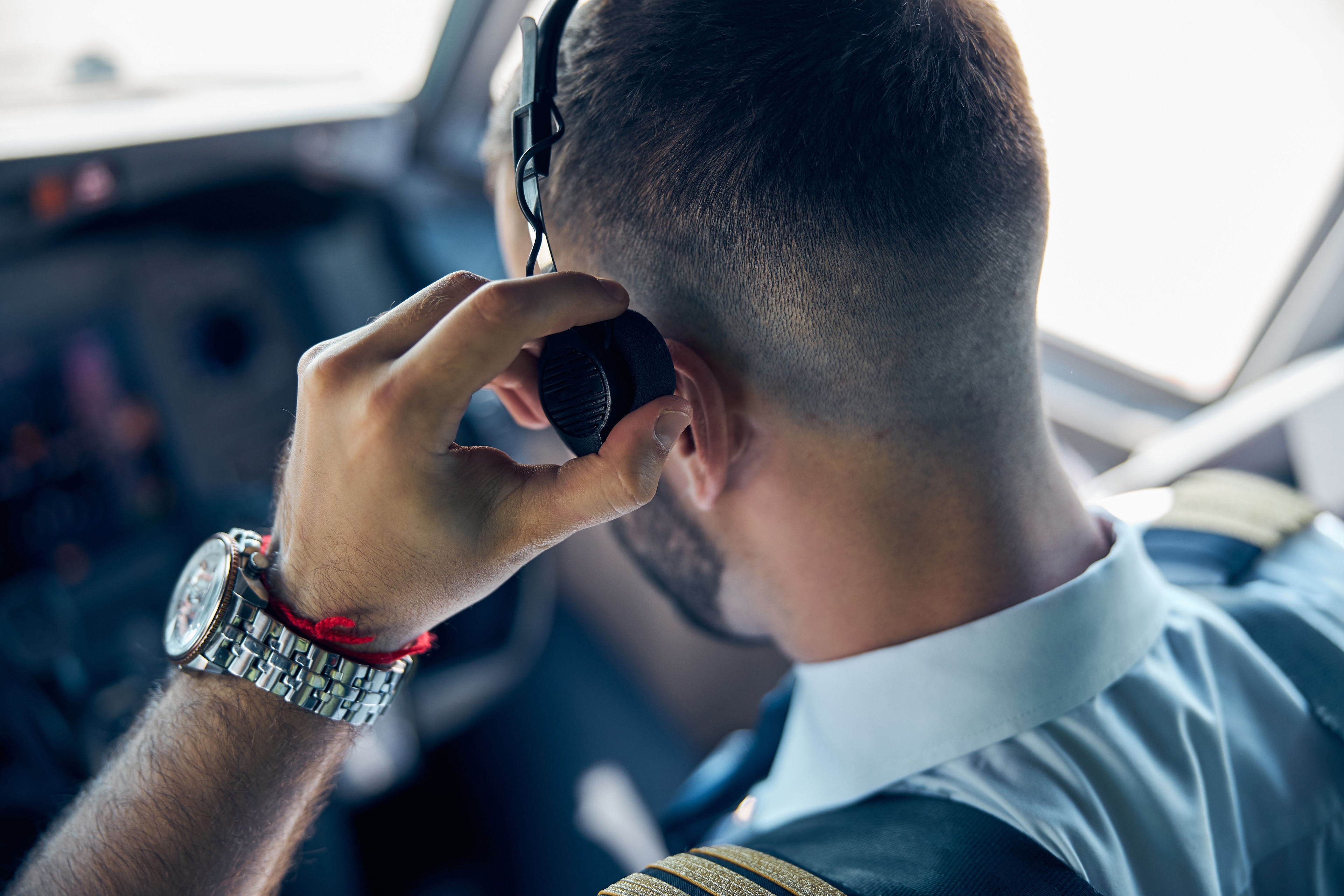Mental Health and Wellbeing in the Aviation Industry
Working in aviation can be exhilarating, but it also comes with unique stressors. Irregular schedules, long hours, frequent travel, and high responsibility can take a toll on mental health. In recent years, the industry has started to acknowledge the importance of psychological wellbeing for pilots, crew, and ground staff alike.

1. Understanding the Pressure
Professionals in aviation are expected to maintain peak performance in demanding environments. For pilots, the stakes are high; for cabin crew, there's constant customer interaction; for engineers, safety is everything. This creates a performance-heavy culture that can hide emotional fatigue.
2. The Impact of Irregular Schedules
Shift work and jet lag disrupt sleep cycles and social rhythms, contributing to burnout, mood changes, and even chronic health issues. This is especially challenging for those balancing work with family life.
3. The Role of Employers
Airlines and aviation companies are increasingly implementing support systems:
- Access to mental health professionals
- Fatigue management programs
- Peer support networks
- Confidential helplines
4. Personal Strategies That Help
- Establishing sleep routines
- Limiting caffeine and alcohol during layovers
- Practicing mindfulness or breathing exercises
- Staying connected with loved ones
5. Changing the Culture
Breaking the stigma around mental health is key. The aviation industry must create an environment where it's okay to speak up and seek help. Encouraging openness and empathy helps teams perform better and care for one another.
Conclusion
Mental health in aviation is no longer a taboo topic. As awareness grows, so do the resources and strategies available. A mentally strong team is a safer, happier, and more effective one.



